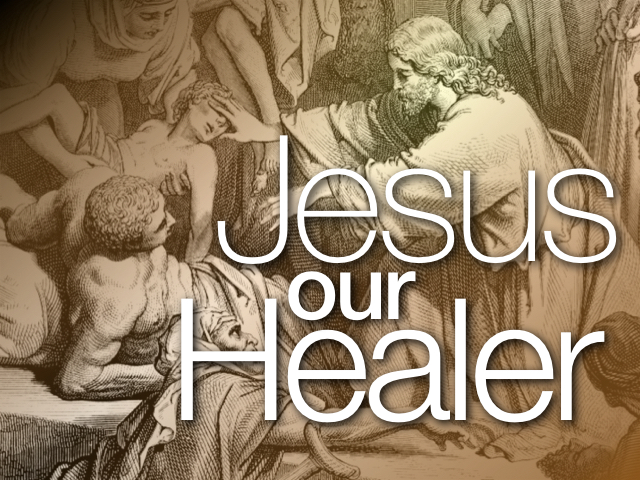
A lot of Americans didn’t pay attention in their high school history classes, and therefore aren’t all that clear about what fascism is. Which is understandable; too many history books don’t define it, and too many historians insist, “Well it’s not really that; it’s more like this.”
- NATIONALISM—defining “Italian” by race, and insisting all “non-Italians” conform or get out;
- AUTARKY—a self-sufficient economy which needs nothing from other countries;
- HIERARCHY—the wealthy or noble are the proper leaders of society, men should rule over women, and traditional gender roles should be enforced;
- WARTIME STATUS—the nation should be on high alert against any enemies, with everyone contributing to national defense;
- LIMITED RIGHTS—or in some cases eliminated rights for undesirables.
In general, fascists think we have too much freedom, and it permits people to be immoral. Well, they wanna fight “immorality”—however they define it, and they have some really wide definitions. They’ll consider entire religions and entire political parties, “immoral.”
If you grew up
This is why fascism has always had a foothold in the United States. Always; the mindset predates Mussolini. It’s been around since the very beginning, when some of the first English colonies were created to be little religious oligarchies in which Puritans (or Baptists, or Catholics) ruled. Thankfully the United States ultimately adopted the Quaker position of religious freedom. But y’notice a lot of Fundies chafe at this idea—because to their minds, the Puritans had the right idea. The U.S. was founded as, and ought still be, a Christian nation, with all non-Christians required to either conform to Christian principles or leave. And the government should have the power to enforce it—a power which includes imprisonment and death.
Now don’t get the wrong idea. I’m not writing this to alarm you—“The fascists are coming; the fascists are everywhere!—we gotta fight them before they gain power!” Like I said, they’ve always been around, and way more Americans are antifascist (“antifa” for short) than not. I’m writing this to inform you. Like herpes, fascism is a problem which is never really going away, but there are steps we can take to tamp it down really hard, and make sure it doesn’t consume us.
And it starts by knowing about one of its most popular breeding grounds: Cults.






